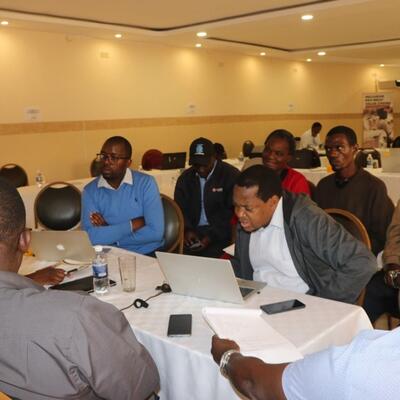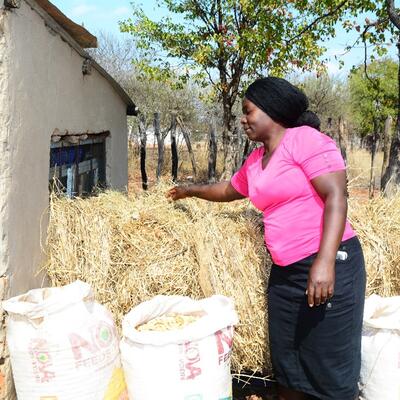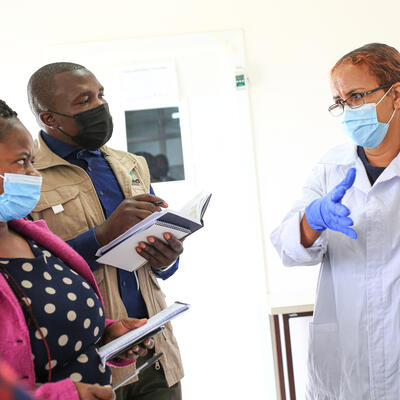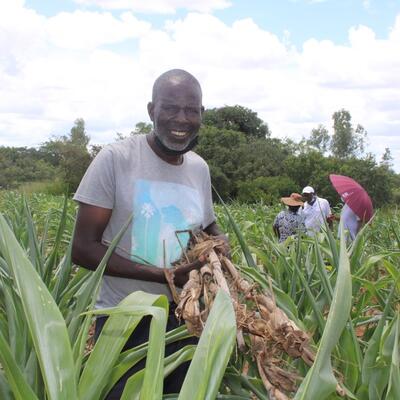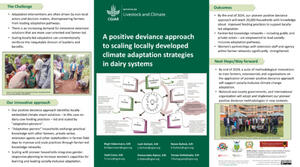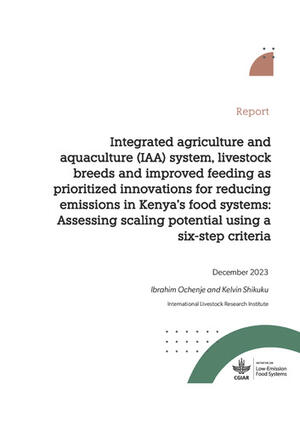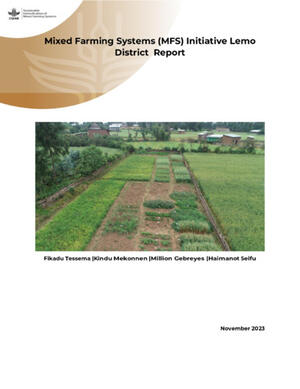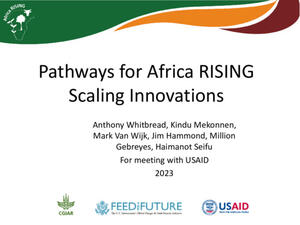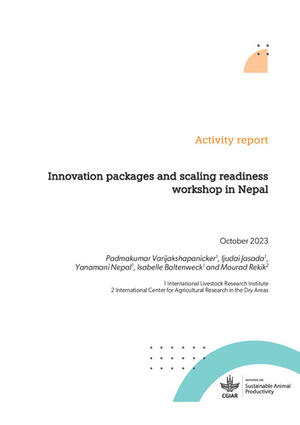
Feed the Future - Accelerated Value Chain Development (AVCD) for Smallholder Farmers and Pastoralists in Kenya
The Accelerated Value Chain Development (AVCD) program seeks to apply technologies and innovations widely for selected value chains (livestock, dairy, and staple root and drought-tolerant crops), so as to competitively and sustainably increase productivity; and contribute to the feed the goal of inclusive agricultural growth, nutrition and food security in the country. AVCD will work closely with other projects and partners to enhance resilience, agricultural productivity, food security and overall economic welfare of farmers, producers and marketers throughout the value chain.
While the entry point is scaling up application of agricultural technologies and innovations, the program will address the weakest points of the value chain and be most importantly benefiting all value chain players. The program will also work closely with NHP Plus, have a dedicated nutrition specialist and budget for nutrition and behaviour change activities within each value chain, so as to address issues of human nutrition.
The program will apply a two-prong approach to achieve the goal and development objectives of economic growth, inclusive agricultural growth and improved nutrition status for women and children. On one front the strategies to be applied are to exert the push effect. These strategies include: improving access to knowledge tools (technologies and innovations), buying down risk (increase resilience), improving nutritional status, and enhancing natural resource management. The second approach is to exert a pull effect on agricultural growth, including improved market linkages, re-aligning business regulatory policies, improving inputs access, strengthening business and financial services, and promoting greater diversification.
The Goal of the program is ‘to sustainably reduce poverty and hunger in the Feed the Future Zones of Influence in Kenya.’ The development objective is ‘Increased inclusive agricultural growth and improved nutrition status of participants in the targeted value chains in the Feed the Future zones of influence in Kenya’. The theory of change requires interventions that are based on whole value chain analysis to produce good agricultural policies, improve productivity, expand markets and trade so as to ensure, adequate, diverse and quality food and nutrition. It has the following intermediate results:
- Improved agricultural enabling environment;
- Expanded markets and trade;
- Improved productivity of selected value chains and;
- Improved nutrition related behaviours.
The Accelerated Value Chains Development program will be implemented by a consortium of CGIAR centers under the leadership of the International Livestock Research Institute (ILRI). The consortium of the research centers include: ILRI, International Crops for Research Institute for Semi-Arid Areas Tropics (ICRISAT), and the International Potato Center (CIP).







